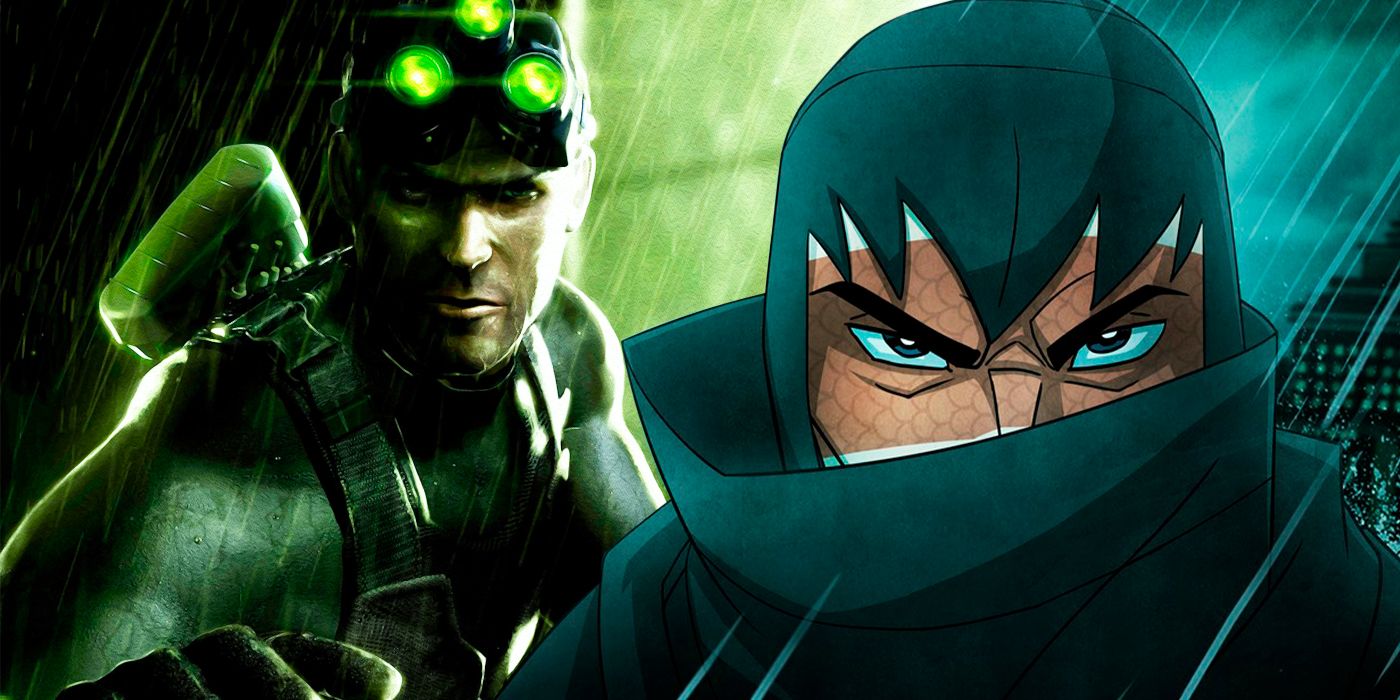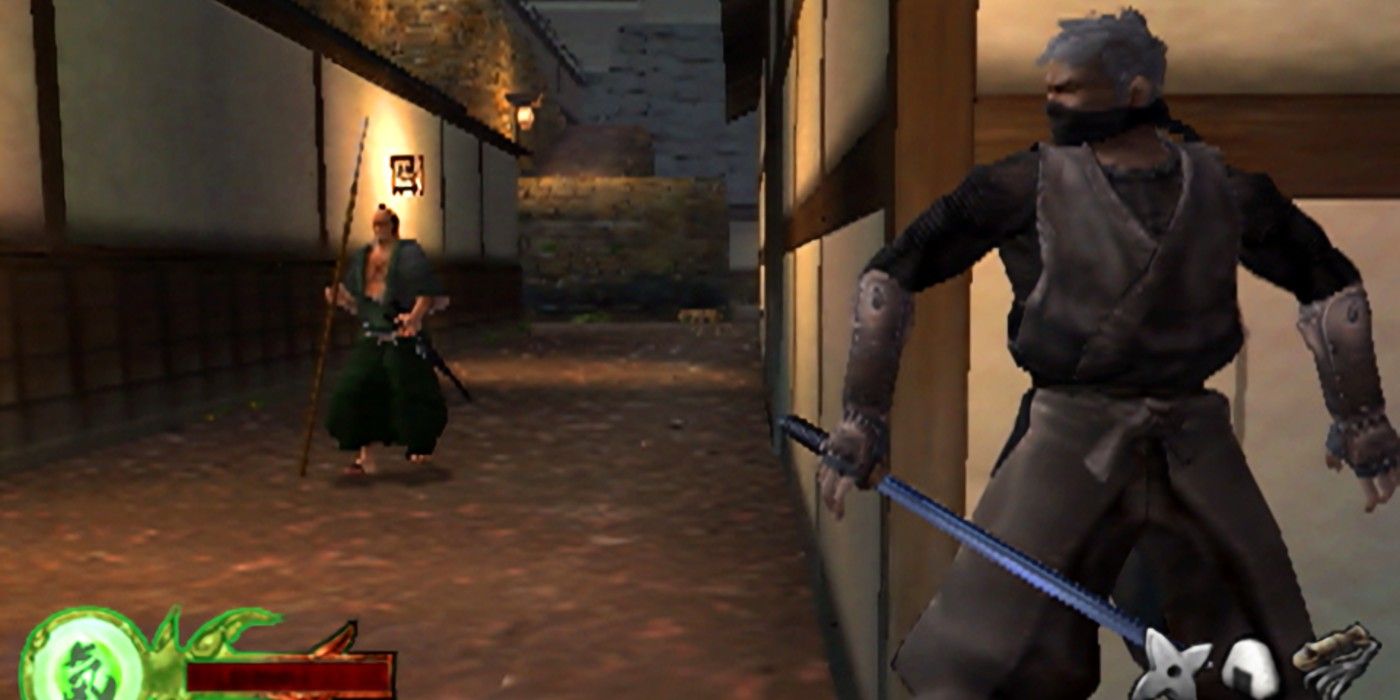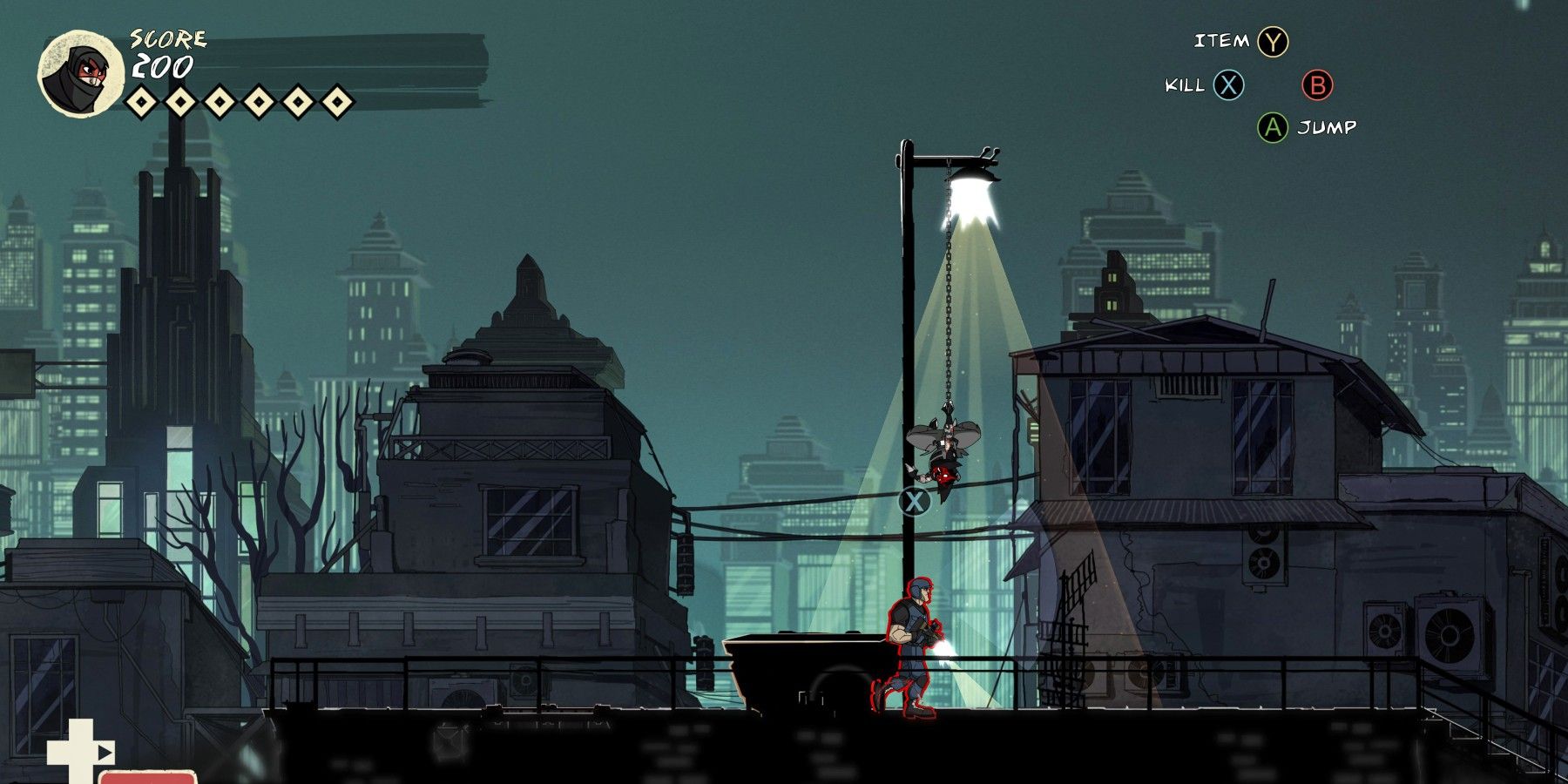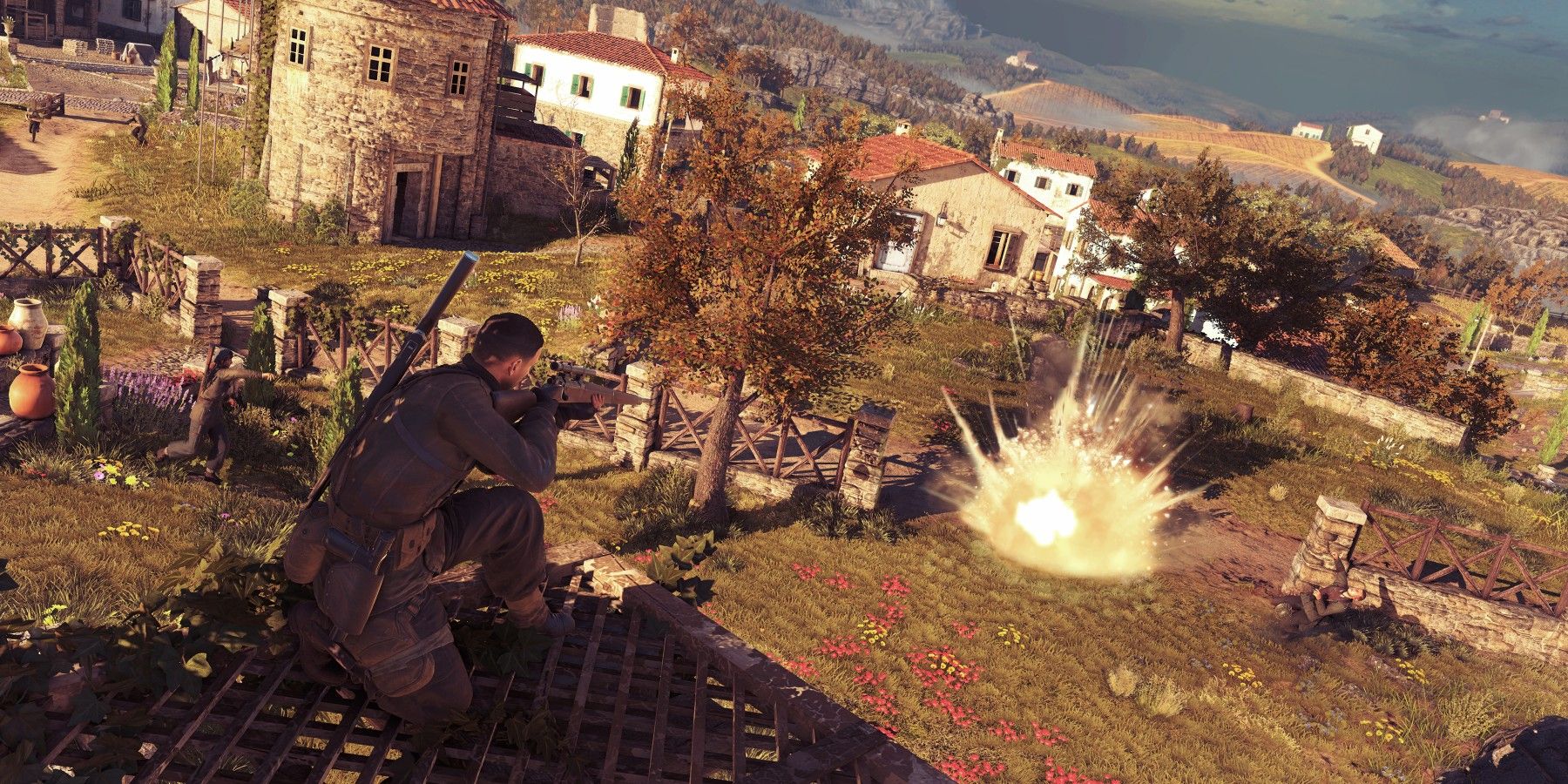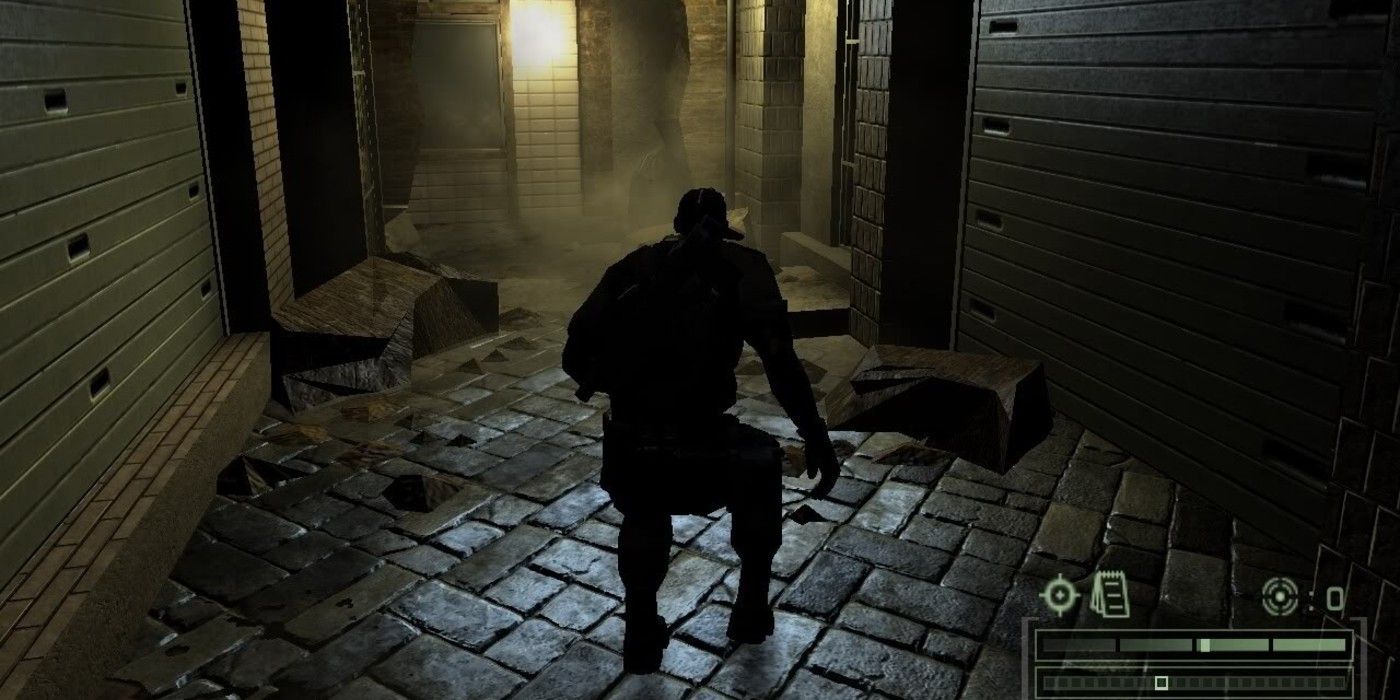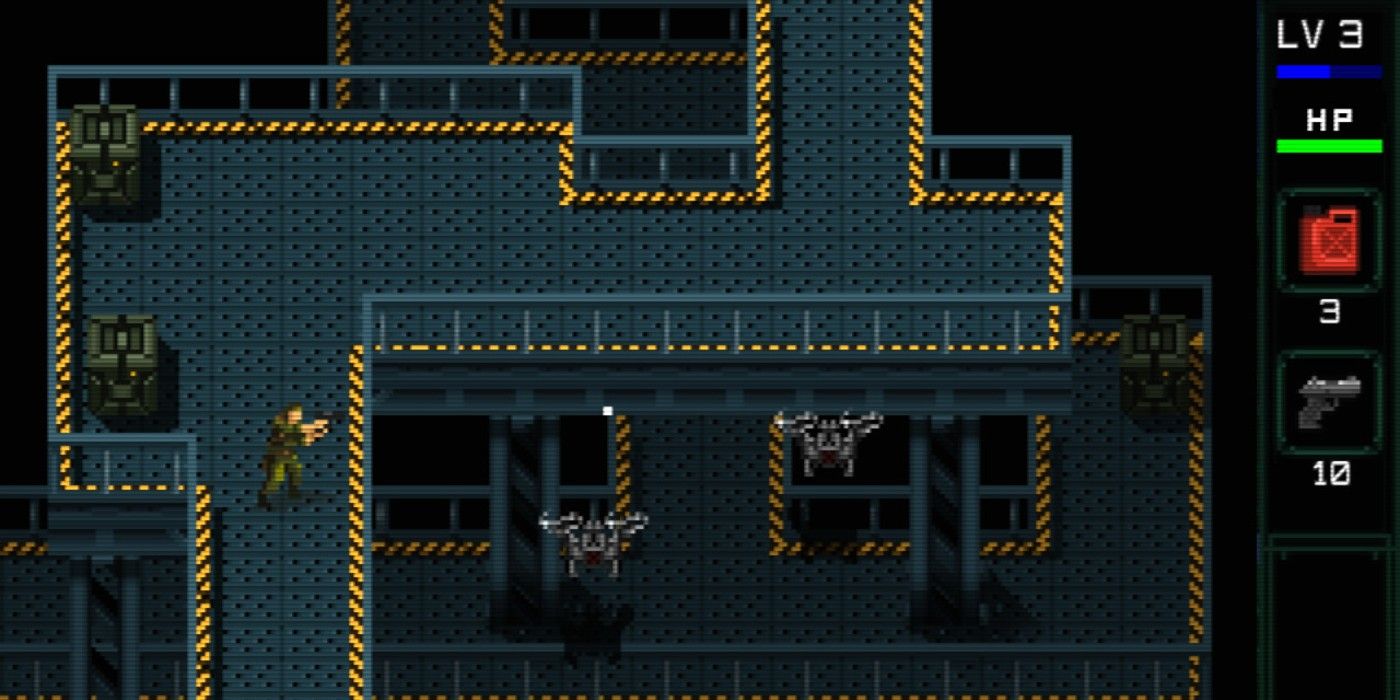Ever since it hit the original PlayStation in 1998, Metal Gear has become one of the most influential video game franchises of all time. The series made auteur developer Hideo Kojima a household name in the gaming world, for combining stealth espionage gameplay with cinematic action in a way that was revolutionary at the time.
Over the past 20 years, Metal Gear has received numerous spinoffs and sequels which have in turn inspired other new and innovative stealth games -- some of which have become iconic in their own right. Here are five examples of games that were not only directly inspired by Metal Gear Solid, but also deliver great stealth-action adventure experiences.
Tenchu: Wrath of Heaven
Although the first Tenchu game actually released before Metal Gear Solid, the third entry, Wrath of Heaven is where the series hit its stride. Released in 2003, this PlayStation 2 game saw its protagonists Rikimaru, Ayame and newcomer Fujioka seek out the Three Jewels of Heaven, Earth and Virtue before evil wizard Tenrai can get his hands on their magical power.
Wrath of Heaven's gameplay felt like an improvement over its predecessors, allowing players to stalk the shadows, taking out patrolling guards with brutal efficiency. Each level encouraged stealthy play and graded players on a scale from novice Thug to expert Grand Master by how many stealth kills were performed and how many times they were spotted. By borrowing Metal Gear Solid's third-person stealth action and shifting it to feudal Japan, Tenchu: Wrath of Heaven created a solid game full of satisfying mechanics.
Mark of the Ninja
Ninjas continually prove to some of the best protagonists for stealth games, and this was the case in Klei Entertainment's 2012 side-scrolling action stealth title Mark of the Ninja. Players take on the role of a nameless ninja whose traditional clan must take on modern technology as it operates in the present day. Players must stalk the shadows in each level, shrouding the ninja in darkness to have any hope of taking out heavily-armed guards.
Mark of the Ninja is not only looks gorgeous, but it also borrows Metal Gear Solid's familiar cones of vision for each enemy. It also innovated gameplay with its light and sound mechanics. Players must destroy light sources to remain invisible and move slowly, as a full run generates a circular sound wave that enemies can hear and follow. Death comes quickly in Mark of the Ninja, but few games let players truly feel like professional assassins the way this game does.
Sniper Elite 4
Of all the Metal Gear Solid sequels, The Phantom Pain is one of the most impressive. It delivered some of the most freeform gameplay in the past decade, which few games since have come close to matching. However, one game that managed is Rebellion's 2017 stealth-action shooter Sniper Elite 4, a sandbox game that's not only the best in its series, but also one of the most criminally overlooked stealth games of the last generation.
Each massive World War II-themed mission drops players in with no direction other than what targets to eliminate -- the rest is up to players to experiment with using the game's deep systems. Sniper Elite 4 may not reach the dizzying heights of experimentation that Phantom Pain provided, but it comes very close and is an absolute must-play for fans of the genre.
Splinter Cell: Chaos Theory
Splinter Cell took the blueprint of Metal Gear Solid and evolved it (with the help of Tom Clancy) into an ultra-realistic espionage series that satisfied fans of the genre. The best in series is its third game, Chaos Theory. Widely regarded as one of the best games of all time, this brilliant stealth game is one that Metal Gear fans should not miss.
Chaos Theory features protagonist Sam Fisher as he attempts to stop a possible World War III by tracking down weaponized algorithms -- a gritty story straight out a great Clancy novel. Along with its gripping narrative, the game gives Fisher additional weaponry and gadgets that furthered his options for taking down enemies throughout its open-ended levels. Players can even choose between one of three equipment kits focused on lethal equipment, nonlethal options or a balance of both, allowing for experimentation and replayability.
UnMetal
UnMetal is a game that wears its Metal Gear Solid inspirations on its sleeves. It's a top-down parody of not just the PlayStation series, but the Metal Gear games that came before it on the NES. Players are Jesse Fox, a soldier imprisoned for a crime he didn't commit who becomes embroiled in a plot to take over the world. UnMetal takes every chance it can to skewer the entire series while also poking fun of the macho '80s film heroes that Metal Gear Solid was itself inspired by with its non-sequitur humor.
UnMetal's gameplay is as classic Metal Gear as it gets, with Jesse acquiring weapons and equipment by taking down enemies and bosses while speaking to a support team via radio. UnMetal isn't actually out yet, but releases on September 28. However, fans seeking the classic Metal Gear experience with some added levity can play the demo now on Steam.

